new to the gluten free journey?
new to the gluten free journey?
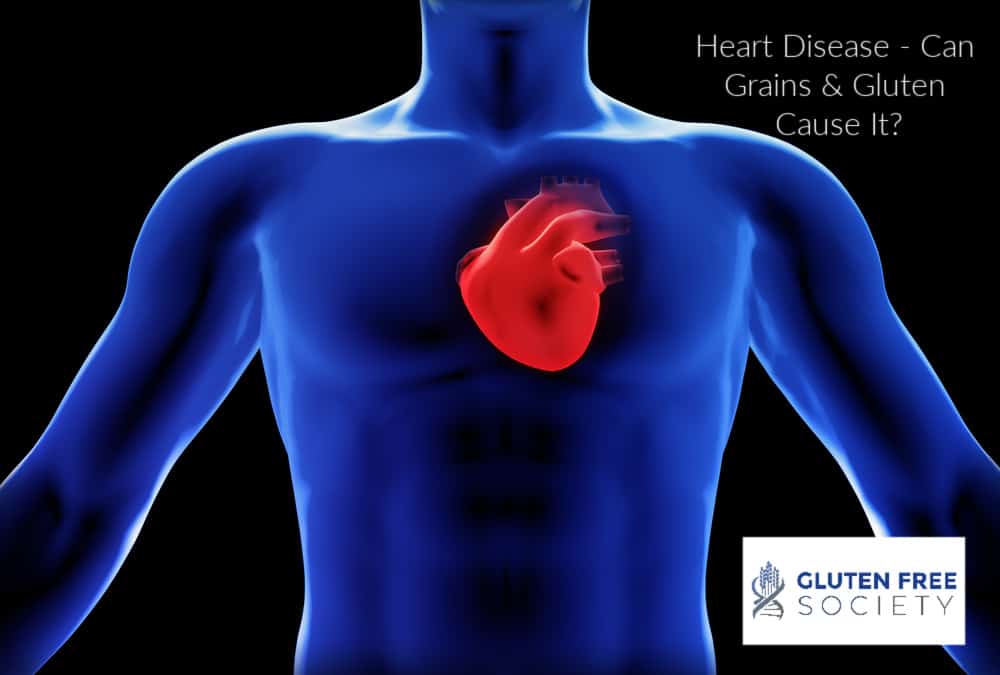

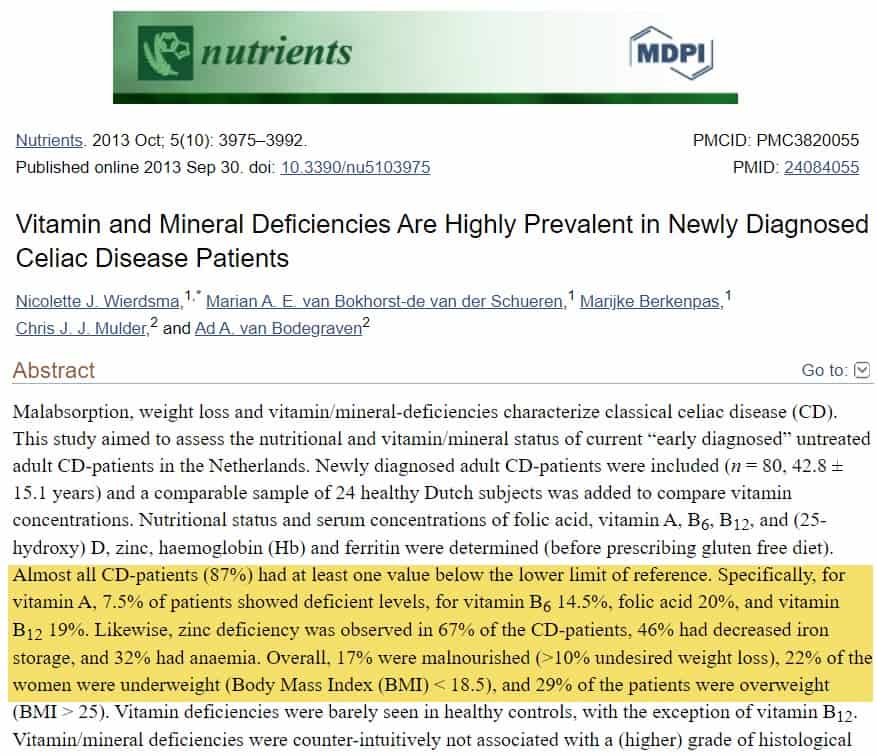 While certain medications can cause deficiencies, health issues like high blood pressure and heart disease are often started because of deficiencies. These deficiencies may include:
While certain medications can cause deficiencies, health issues like high blood pressure and heart disease are often started because of deficiencies. These deficiencies may include:
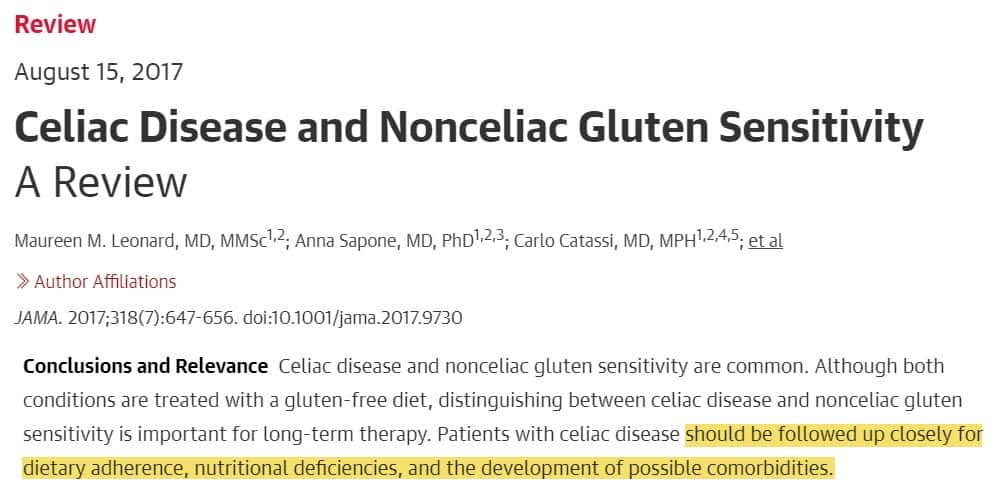 Those with these issues that continue to eat grains and gluten can cause damage, and therefore a less effective GI tract which is vital in digesting and absorbing the proper nutrients. The top three deficiencies caused by this condition include:
Those with these issues that continue to eat grains and gluten can cause damage, and therefore a less effective GI tract which is vital in digesting and absorbing the proper nutrients. The top three deficiencies caused by this condition include:
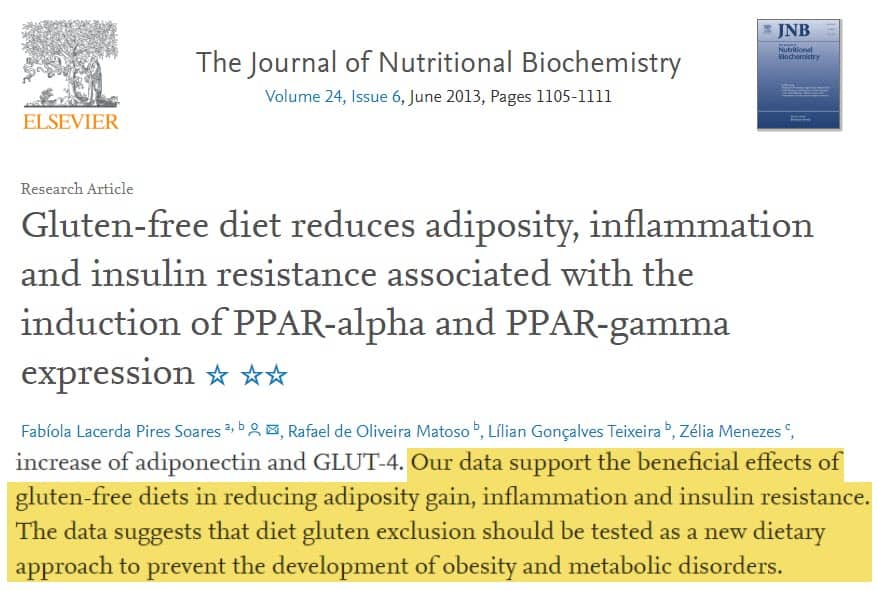 The consumption of gluten and grain have also been known to lead to metabolic syndrome. Metabolic syndrome is a conglomeration of different risk factors for heart disease. This could include a mix of increased blood pressure, increased blood sugar, or increased weight.
Altogether, these factors can lead to serious problems, with heart disease being the most deadly. However, new studies are showing that using grain or gluten-free diet is an effective approach to help treat this condition and therefore reduce the chances of developing something more serious.
The consumption of gluten and grain have also been known to lead to metabolic syndrome. Metabolic syndrome is a conglomeration of different risk factors for heart disease. This could include a mix of increased blood pressure, increased blood sugar, or increased weight.
Altogether, these factors can lead to serious problems, with heart disease being the most deadly. However, new studies are showing that using grain or gluten-free diet is an effective approach to help treat this condition and therefore reduce the chances of developing something more serious.
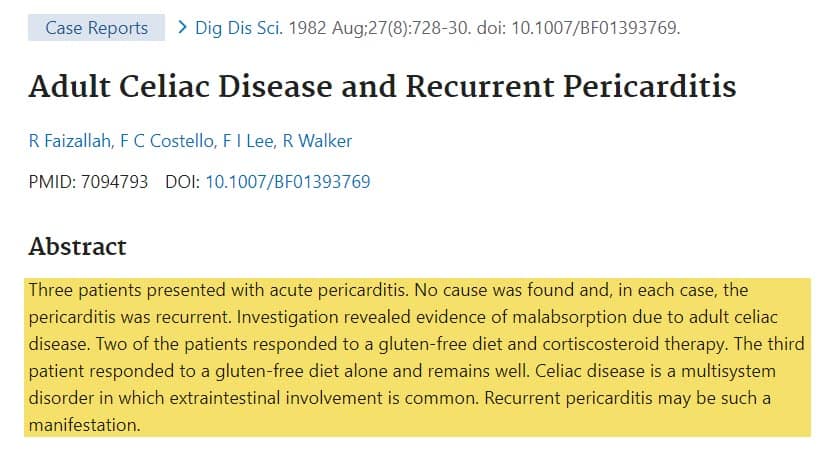 Another major impact on the heart when consuming these comes in the form of pericarditis. Pericarditis is the swelling and inflammation of the sac, or outer layer, of the heart and it can be life-threatening if severe. While most doctors believe this inflammation is caused by a viral or bacterial infection, many are finding that it can occur as a direct result of eating gluten and grains.
Again, many believe this may be the result of malabsorption. As a result, patients treated with a gluten-free diet and iron supplementation found positive results. Specifically, they found improvement in their edema and fatigue.
Another major impact on the heart when consuming these comes in the form of pericarditis. Pericarditis is the swelling and inflammation of the sac, or outer layer, of the heart and it can be life-threatening if severe. While most doctors believe this inflammation is caused by a viral or bacterial infection, many are finding that it can occur as a direct result of eating gluten and grains.
Again, many believe this may be the result of malabsorption. As a result, patients treated with a gluten-free diet and iron supplementation found positive results. Specifically, they found improvement in their edema and fatigue.
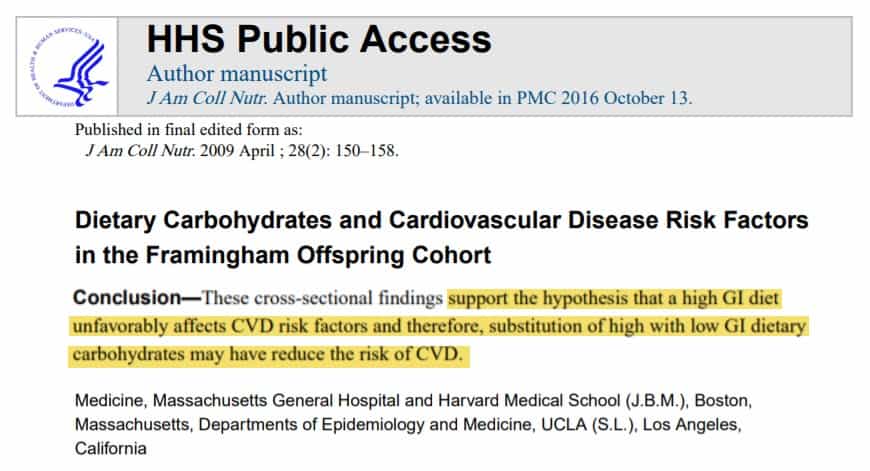 While it’s obvious that consuming gluten and grains can have an impact on those that are sensitive to them, what about those that don’t have celiac or a sensitivity? Unfortunately, eating excessive carbohydrates and grains can have a negative impact on anybody. This is especially an issue because the average American today is getting between 60 and 80% of their calories from carbohydrates, with a large number of those being grains.
Too many carbs can drive up insulin resistance, cause weight gain, and ultimately lead to an increased risk of metabolic syndrome. This occurs because carbs are sugar. They spike blood sugar and can even be converted to bad fat, or triglycerides, which is another major risk factor for heart disease.
While it’s obvious that consuming gluten and grains can have an impact on those that are sensitive to them, what about those that don’t have celiac or a sensitivity? Unfortunately, eating excessive carbohydrates and grains can have a negative impact on anybody. This is especially an issue because the average American today is getting between 60 and 80% of their calories from carbohydrates, with a large number of those being grains.
Too many carbs can drive up insulin resistance, cause weight gain, and ultimately lead to an increased risk of metabolic syndrome. This occurs because carbs are sugar. They spike blood sugar and can even be converted to bad fat, or triglycerides, which is another major risk factor for heart disease.
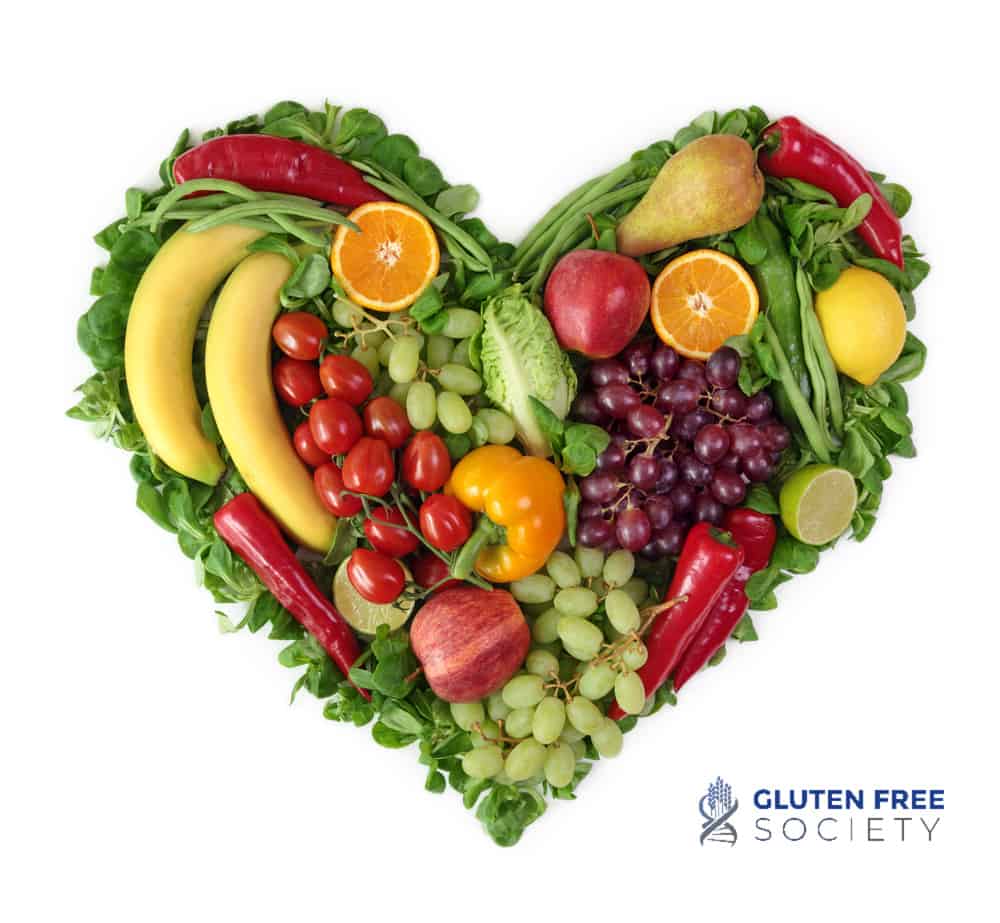 For most of us, we’ve grown up with a food period that pushes bread and grains. We have been told that these are healthy and good for us and that they should really make up the majority of our diet. However, the health of our country is telling a different story.
If you’ve been told you are on your way to heart disease, it may be time to make a change, starting with your stomach. Begin by paying attention to what you are eating, read labels, and become educated on the hidden carbohydrates you may be consuming. Then, find ways to incorporate fresh fruits and vegetables with lean meats. Over time, you will find that a healthy mind and body is far more rewarding than any meal or snack.
For most of us, we’ve grown up with a food period that pushes bread and grains. We have been told that these are healthy and good for us and that they should really make up the majority of our diet. However, the health of our country is telling a different story.
If you’ve been told you are on your way to heart disease, it may be time to make a change, starting with your stomach. Begin by paying attention to what you are eating, read labels, and become educated on the hidden carbohydrates you may be consuming. Then, find ways to incorporate fresh fruits and vegetables with lean meats. Over time, you will find that a healthy mind and body is far more rewarding than any meal or snack.
Stay up-to-date with the latest articles, tips, recipes and more.

*These statements have not been evaluated by the Food and Drug Administration. This product is not intended to diagnose, treat, cure or prevent any disease.
If you are pregnant, nursing, taking medication, or have a medical condition, consult your physician before using this product.
The entire contents of this website are based upon the opinions of Peter Osborne, unless otherwise noted. Individual articles are based upon the opinions of the respective author, who retains copyright as marked. The information on this website is not intended to replace a one-on-one relationship with a qualified health care professional and is not intended as medical advice. It is intended as a sharing of knowledge and information from the research and experience of Peter Osborne and his community. Peter Osborne encourages you to make your own health care decisions based upon your research and in partnership with a qualified health care professional.
One Response
Diagnosed with hypothyroidism and Hashimoto several years ago. 12 or so. Have big problems with gut issues. Am taking multiple supplements. Went on an elimination diet, in second phase, very little help. Stopped with MDs, and the DIY isn’t doing much good. Just costing money. I need directions and help. Don’t want anymore on line programs.